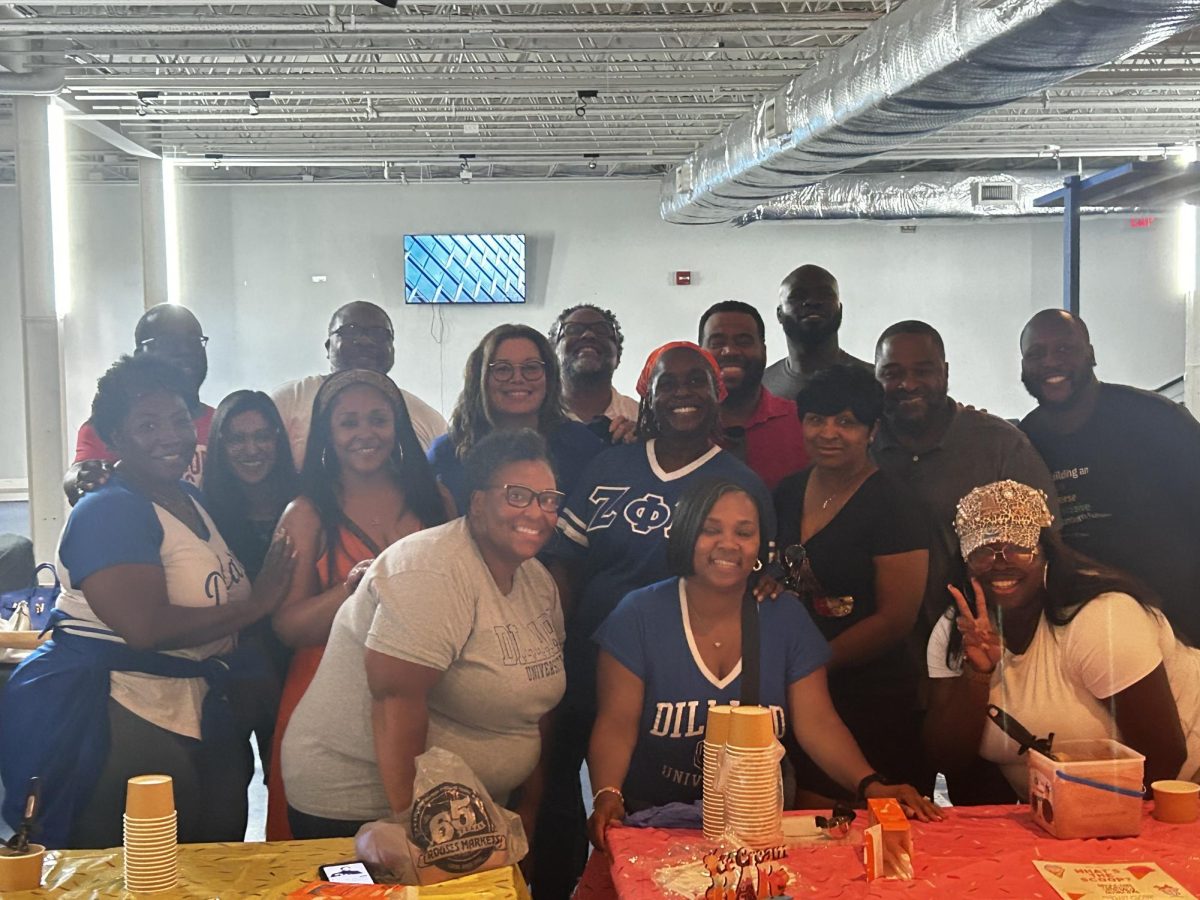NEW ORLEANS (April 21, 2017) – Dillard’s Evacuteer Hackathon made a reappearance this semester to help the New Orleans community with its future preparedness plan, and the online product is almost ready.
After three sessions over the course of this academic year, the final product – an online volunteer registration form – is expected to be presented to the New Orleans public in May. The final product will be used by everyone who volunteers in the Evacuteer program during emergency evacuation situations.
Dillard and Evacuteer, a non-profit organization designed to help New Orleans evacuate in times of natural disaster, have come together with Google to help students gain community service and practical knowledge in computer science while helping the New Orleans community as well. The focus is on “community assisted” evaluation so that resources are fully utilized and families can stay together after they’re out of New Orleans, according to Josh McAdams, Google’s site reliability engineer and Evacuteer Hack-a-thon facilitator.
McAdams said 17 Evacuspots will be set up around the area, with the goal of having two seven-hour batch pickups of evacuaees from the spots 24-48 hours before “H-hour” in a hurricane, the time it is predicted to be unsafe for anyone to be outdoors.
Last semester, first-year experience advisor Margaret Williamson worked Dr. Ming Hsing Chiu, program coordinator for computer science, and McAdams to allow students who volunteered to get credit for voluntary service hours.
So far, Dillard had held three hack-a-thons for Evacuteer: two last fall semester and the one this semeseter on March 25. Some 10-20 people volunteered last semester, but only two participated in the most recent one. Even so, the small number of participants didn’t affect the progress of the project, McAdams said: This one actually allowed more one-on-one time for advisers to coach the students.
This Hack-a-thon was different because of its emphasis on community collaboration, community service/outreach, and accumulation of real-world skills instead of competition, McAdams said.
“Students are working to make the process easier and less error-prone while also exercising their HTML, CSS, JavaScript and Python skills,” he said.
McAdams said students also will focus on making on-line volunteer registration forms: “Sometimes handwriting is difficult to read, so the office worker might misinterpret something like the volunteer's phone number or address.”
The most recent Hack-a-thon focused on making the volunteer forms easier to read and “allows for error checking, direct entry into a database, and dynamic fields in case more information is needed when the volunteer signs up.”
The goal for this Hack-a-thon in particular was to give Dillard students hands-on development with a project that will help them in the real world as well as help Evacuteer save lives during the next major hurricane.





























